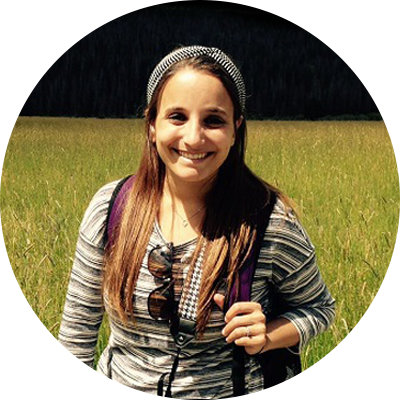
(Image Alleviation / Shutterstock.com)
There are all too many people sitting in prison in the United States who could have been better served by social and behavioral health services. There are crimes known as “survival crimes,” which are crimes committed for self-preservation such as begging and prostitution, and the cycle of arrest and jail time makes it extremely difficult for anyone to break out of it.
The Atlanta/Fulton County Pre-Arrest Diversion Initiative, also known as “PAD,” has decided to try to break this vicious cycle. PAD is a partnership between law enforcement and social service providers which “allows police officers to divert people into services instead of arresting them when the criminal activity is likely related to untreated mental illness, addiction, and/or extreme poverty.”
It was inspired by similar programs in cities such as Seattle, where participants were 58% less likely to be arrested again. Rather than arresting the homeless or mentally ill, they divert their attention while they call for a PAD Care Navigation team. The team offers the perpetrator support, and the overall goal of this program is to help people who really need social and mental health services and keep them out of jail.
Unlike other programs, the PAD Initiative takes action before arrests are made, rather than after they have been taken into custody. They do not exclude individuals with criminal records, and this service is free of charge. And finally, “PAD uses a Harm Reduction philosophy: We meet people where they are and do not stop working with them when they experience setbacks.”
The hard-working members of PAD do not give up on some of the most difficult cases in society, individuals who have all of the cards stacked against them. PAD makes it their mission to keep these people out of jail and help them get the proper care that they need.
“The folks we’re helping have fallen through the gaps of social service providers,” says Moki Macías, executive director of PAD. “We want to help them stop falling.”
In their first year alone, they diverted 70 people. Many of the participants have gone on to reconnect with family members, find stable employment, move into permanent housing, and even resolve legal issues that had previously stood in their way of achieving their dreams.
Robby Ivy, a care navigator of PAD, recalls a training she gave in a police station in Atlanta. One officer joked that he’s already used to diverting people “to Fulton County Jail on Rice Street.”
“We may not change the world,” Ivy says. “But we can show it doesn’t have to end at Rice Street.”
YOU MIGHT ALSO LIKE:
How a Canadian City Ended Homelessness With a Simple Idea
This Bus Provides the Homeless With 2,000 Showers a Week
San Jose is Building Tiny Homes for the Homeless







